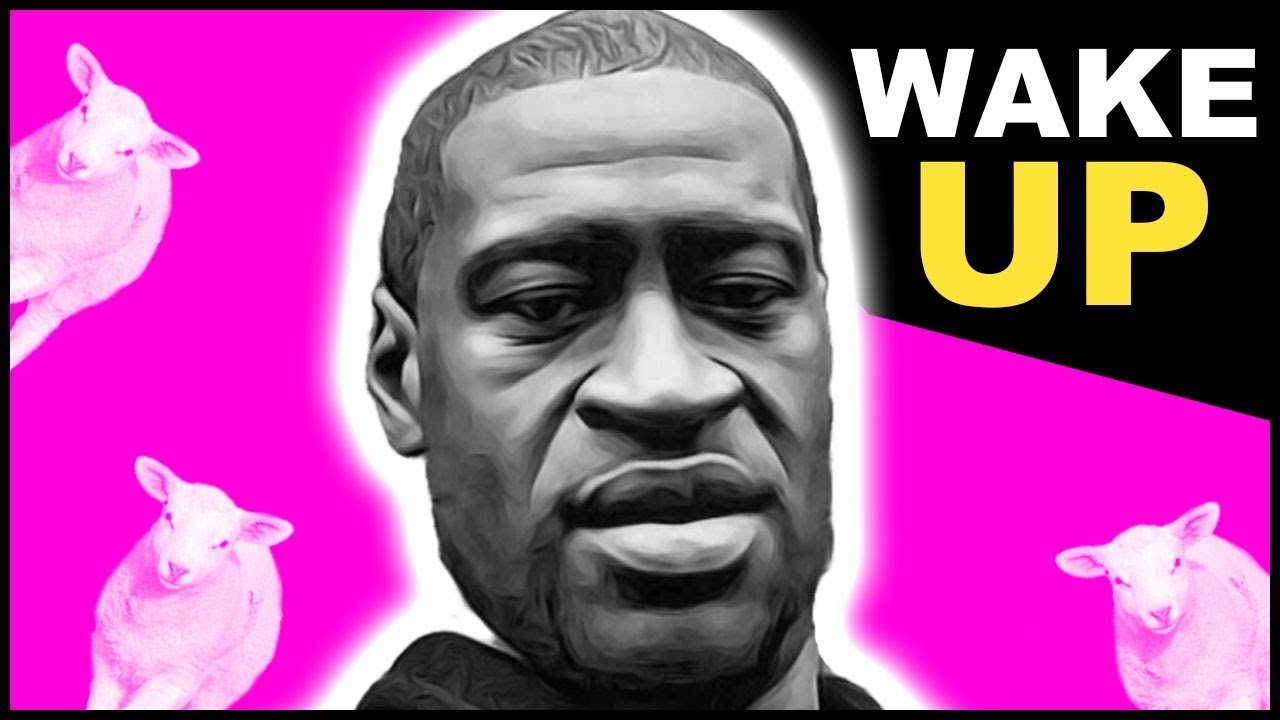“Madness is rare in individuals – but in groups, parties, nations, and ages it is the rule.” – Friedrich Nietzsche
From this article you will learn how to think for yourself in a world where thinking has become the exception.
Learning from the Stanford Prison Experiment & Abu Ghraib
In 1971, Professor Philip Zimbardo of Stanford University orchestrated one of the most notorious experiments on human nature. An ad was posted promising students $15 a day to participate in a two-week experiment. The applicants were screened and 24 of the most psychologically ‘normal’ students were chosen.
The students were split into two groups; one consisting of guards and the other of inmates. The experiment was meant to observe how humans reacted in specific environments. Also, how assuming the role of guard or prisoner in a make-shift prison would affect the participants.

The experiment was abruptly stopped after 6 days due to things escalating out of control. During the experiment, the guards became more abusive as the days went on, punishing their prisoners and often treating them inhumanely. Many of the prisoners experienced nervous breakdowns, as well as large degrees of stress.
Years later, Zimbardo would parallel the behaviour he observed in his notorious experiment with the events that transpired at Abu Ghraib prison.
Abu Ghraib made international news in 2004 when members of the United States Army and CIA were caught committing a series of heinous acts. These acts ranged from torture and sexual abuse to the murder of detainees – crimes that violated human rights laws.
So why do seemingly normal people commit such heinous acts? What could drive young students or respected military personnel to go rogue?
Understanding Cognitive Biases & Heuristics
George Floyd’s death sparked a series of interesting events which shed light on human nature. If you paid attention to the riots, they show the social proof and authority cognitive biases at work. The same biases that helped spark the actions at Stanford and Abu Ghraib prisons.
Cognitive biases are mental shortcuts our brain perform. For humans, it’s much easier to mistake a stick for a snake than it is to mistake a snake for a stick, as the latter could prove fatal. It’s much better to be wrong most of the time and alive than it is to be right more often and dead.
When in large groups we tend to put our trust in what others do over our own thoughts. We think, “Since everybody is doing this, it must be right.” From slavery to the holocaust, millions of people have died due to the evolutionary drive to follow the herd. When you see looting and vandalism done by people – who under normal circumstances would never commit a crime – you are watching the social proof bias at work.
The same happens when a trivial picture of an egg amasses millions of likes on Instagram, social proof compels you to like it too.

When everyone starts posting about racism and how black lives matter, often social proof and virtue signalling are the biggest drivers. It makes sense, because these issues amongst others have been around for years. Why is everyone talking about it now?
People and businesses who previously had nothing to say about black people are now more vocal than Dr. Martin Luther King. Most human beings cannot resist the urge to follow the group or the leader. Perhaps the most shocking example of these biases at work is through observing cults.
In 1978, 913 followers of cult leader Jim Jones committed a mass murder suicide. This event occurred in a small jungle commune where the members of the cult could not be influenced by the outside world.
When everybody around you is mad, madness becomes normal. Unfortunately, the social proof and authority bias are complicit in distorting our vision.
Critical Thinking 101
So how can we see through the madness and learn to think for ourselves? How can we stop being influenced by groups and authority figures? The key is to increase our self-confidence through making our own decisions. Only through developing massive trust in yourself can you overcome the urge to follow the herd.
Since birth many of us have looked at others for solutions. We have followed society’s roadmap without question. We studied what was expected of us and committed to a suitable 9-5 job. We were raised to trust teachers, leaders and governments over ourselves. You need to consider if you are in control of your life, or are you just another cog in the wheel?

The following are just some of the issues we should contemplate.
Slavery was abolished less than 200 years ago, which means for most of our history we thought it was okay to own other human beings and trade them like Yu-Gi-Oh! cards.
In the 1950s, methamphetamine was prescribed as a diet aid that could fight depression. It was easily available to young college students and used by truck drivers to stay awake on the road.
Also consider that many people have received prison sentences for weed possession; the same drug which is now legal in many countries.
We have not reached the final stage of human advancement. Many things that are deemed as normal and acceptable today will be looked at with dread and embarrassment tomorrow. The visionaries of today could be the Stalins or Hitlers of tomorrow.
So how do you become a critical thinker?
- Don’t fall for conjuncture. Dedicate yourself to obtaining knowledge. Learn from several domains and read good books. Watch documentaries and learn from people with skin in the game.
- Gain a deeper perspective on issues. Look at both sides of stories before taking a side. Understand that most people cannot understand complexity and nuance.
- Don’t accept the common narrative so easily. Learn to trust yourself first.
- Meditate frequently so you can learn to hear your own voice whilst separating it from society’s input.
- Get in touch with your intuition and trust it over other people’s opinions. Question everything, and when you are done, question it again.
- Educate yourself on cognitive biases and heuristics, so no mental shortcut can hamstring you. When you educate yourself and start to live life on your own terms you will become a lion. Lions do not follow sheep.
Keep your eyes open and be cognisant of what is going on around you. Being a critical thinker in this modern society is about survival. Things are not always as they seem, and you need to be prepared.


